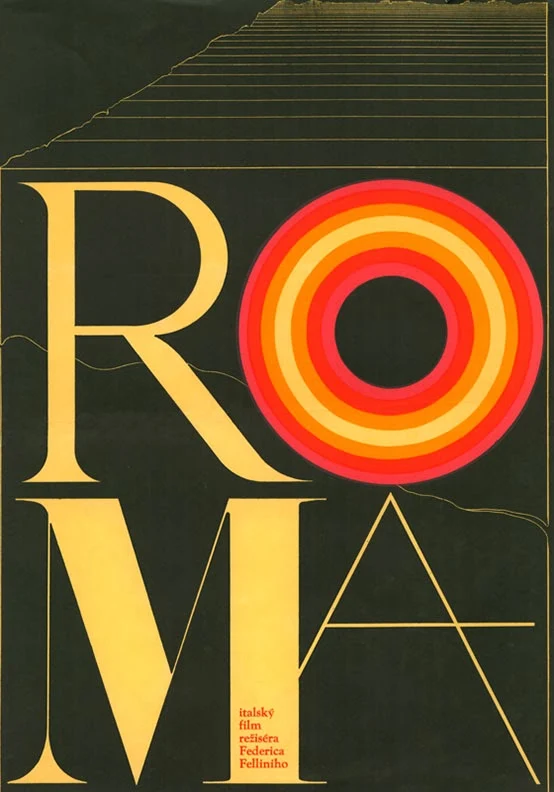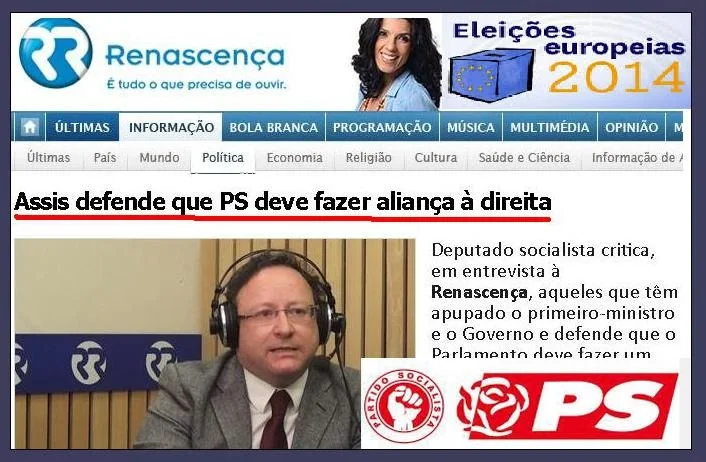Sobre a Ucrânia e os
«friendly fascists» em The Nation
ver tradução de um leitor na caixa de comentários
«(...) One reason for this is simply amnesia. Four generations have passed
since fascism rose to power in the heart of Western Europe, sweeping
aside the weak and ineffective popularly elected governments. It seems
implausible for such a thing to happen in Europe today. Understandably,
Europeans would much rather dwell on how postwar fascism in Italy, Spain
and Portugal gradually became reconciled to the basic principles of
liberalism and constitutional democracy, than to accept the idea that
they are witnessing a slow-motion replay of the March on Rome organized
by Italian fascists in 1922.
But the single most important reason Western governments cannot see
the dangers to democracy in Ukraine is the assumption that simply by
being against Russia one must at the same time support democratic
values. For the United States, in particular, this is a recurring theme.
During the Cold War the United States often provided crucial assistance
to “friendly fascist” dictatorships in its struggle to prevent the
expansion of Soviet communism. So today, even though communism is no
longer a threat, and Russia is calling upon all parties to let
Ukrainians sort out their own issues without external interference, many
in the West continue to act as if the major problem in Ukrainian
politics is Russian involvement. Of course, Russia’s deep cultural,
linguistic and religious ties with Ukraine cannot be overlooked, but
this only makes the absence of Russian politicians in Kiev during the
current crisis stand in sharp contrast to the daily pilgrimages there of
European and American emissaries.
Western policy has lost touch with reality in Ukraine because it is
Russia, not Ukraine, that is its real focus. Simply put, Western policy
has lost sight of Ukraine itself.
What needs to be done to get Ukraine back into focus?
First, stop talking about “the Ukrainian people” as if it were a
monolithic concept. Two closely related, but distinct, cultural
heritages comprise Ukrainian identity—Ukrainian and Russian. Attempts to
isolate, ignore or minimize the importance of the Russian cultural
component of Ukrainian national identity, to which more than half the
population give some allegiance, can only lead to more political
conflict.
Second, stop trying to force Ukrainians to choose between Europe and
Russia. Every survey indicates that this is a choice that people do not
want to make. A broader view of European identity, one that accepts
Russia as part of Europe, would be the one with the most appeal in
Ukraine today. (...)»
Nicolai N. Petro aqui
(Nicolai Petro is a professor of political science at the University of Rhode Island and Fulbright Research Scholar in Ukraine)



























